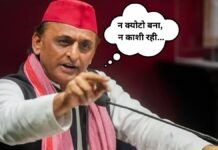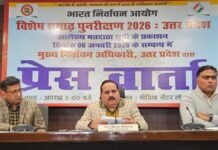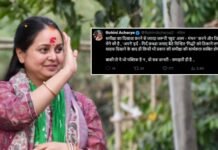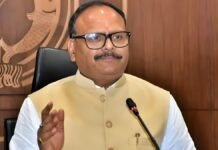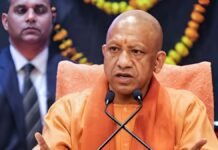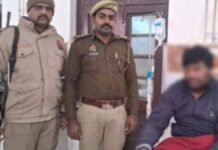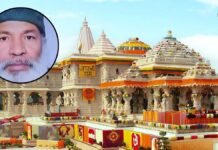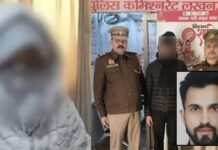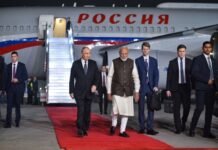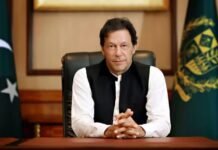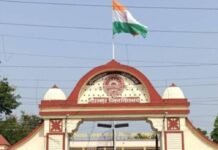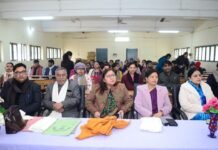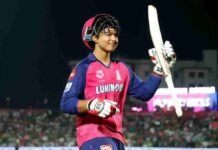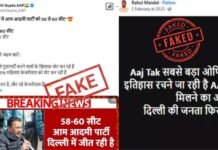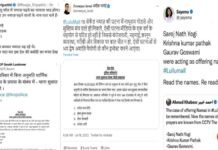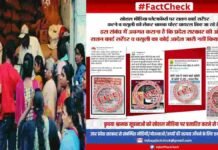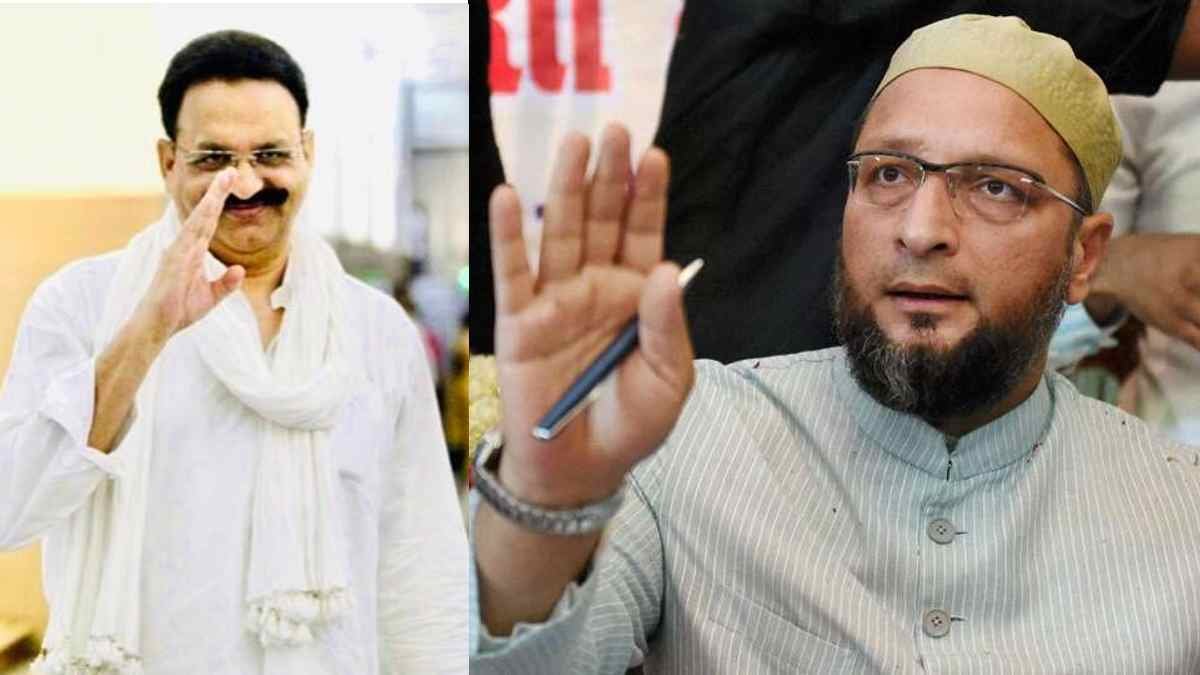BJP Leader and veteran supreme court lawyer Ashwini Upadhyay writes to congress national president Rahul Gandhi for taking steps to promote and propagate National Anthem Vandemataram. Ashwini Upadhyay writes..
1. On 24.01.1950, the Constituent Assembly adopted the two poems “Jana Gana Mana” and “Vande Mataram” as the National Anthem of India. Chairman of theConstituent Assembly Dr. Rajendra Prasad said: “The song ‘Vande Mataram’, which has played a historic part in the struggle for Indian freedom, shall be honoured equally with ‘Jana Gana Mana’ and shall have equal status with it.”
2. ‘Vande Mataram’ literally means- ‘I praise thee Mother’. It played a vital role in the Indian independence movement and the first sung in a political context by Sh. Ravindra NathTagore at the 1896 session of the Indian National Congress.
3. English translation of first two versus by Sh. Arvindo is thus:“Mother, I bow to thee, Rich with thy hurrying streams, bright with orchard gleams, Cool with thy winds of delight, Dark fields waving Mother of might, Mother free. Glory of moonlight dreams, Over thy branches and lordly streams, Clad in thy blossoming trees, Mother, giver of ease Laughing low and sweet ! Mother I kiss thy feet, Speaker sweet and low ! Mother, to thee I bow. Who hath said thou art weak in thy lands, when the swords flash out in seventy million hands And seventy million voices roar, Thy dreadful name from shore to shore, With many strengths who art mighty and stored, To thee I call Mother and Lord ! Thou who savest, arise and save ! ”.
4. Sh. Bankim Chandra Chatterjee was very interested in the Revolt of 1857 and Sanyasi Rebellion. Around the same time, the administration was trying to promote the poem “God Save the Queen” as the ‘National Anthem of India’, which Indian nationalists disliked. He wrote the poem ‘Vande Mataram’ spontaneously using Sanskrit and Bengali words. It was published in book ‘Anandamatha’ in 1882, which is set in the events of the Sannyasi Rebellion. Sh. Jadunath Bhattacharya set the tune for this poem.
5. ‘Vande Mataram’ was the whole nation’s thought and motto for independence from British during independence movement. Large rallies, fermenting initially in the major cities, work themselves up into a patriotic fervour by shouting the slogan ‘Vande Mataram’. The British, fearful of the potential danger of incited Indian populace, at one point of time banned the utterance of ‘Vande Mataram’ at public places and imprisoned many independence activists for disobeying the proscription.
6. Sh. Rabindranath Tagore sang the ‘Vande Mataram’ in 1896 and Sh. Dakhina Charan Sen in 1901 at the CalcuttaCongress Session. Poet Smt. Sarala Devi Chaudurani sang the ‘Vande Mataram’ inBenares Congress Session in 1905.
7. Lala Lajpat Rai started the journal ‘Vande Mataram’ from Lahore. Sh.Hiralal Sen made India’s first political film in 1905, which ended with chant ‘Vande Mataram’. Smt. Matangini Hazra’s last words as the Police shot her to death was ‘Vande Mataram’.
8. The first version of ‘National Flag’ created by Bhikaiji Cama in 1907, had ‘Vande Mataram’ written in its middle band. The book titled ‘Kranti Geetanjali’ published in 1929 contains first two stanzas of ‘Vande Mataram’ on Page 11 as the ‘Matra Vandana’. The Ghazal ‘Vande Mataram’ composed by Sh. Ram Prasad Bismil is also written on its back, i.e. on Page 12. The book written by the famous martyr of Kakori Pandit Ram Prasad Bismil was proscribed by the then British Government.
Keeping in view the above stated facts, please direct Sh. Kamal Nath Ji, Ashok Gehlot Ji and Bhupesh Baghel Ji to take steps to promote and propagate the ‘Vande Matram’ rather than banning it. It is the National Anthem and you may confirm with Legal Experts.
Thanks and Regards.
Ashwini Upadhyay
Also Read: Meet Ashwini Upadhyay: the Warrior of Gender Justice


